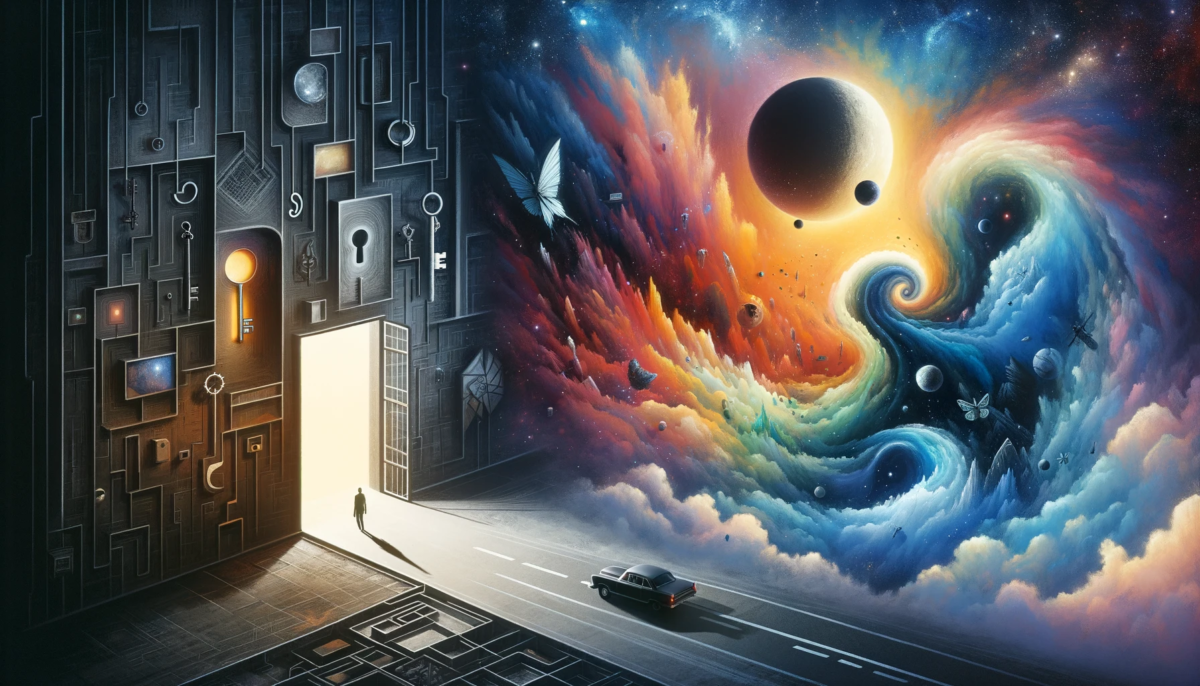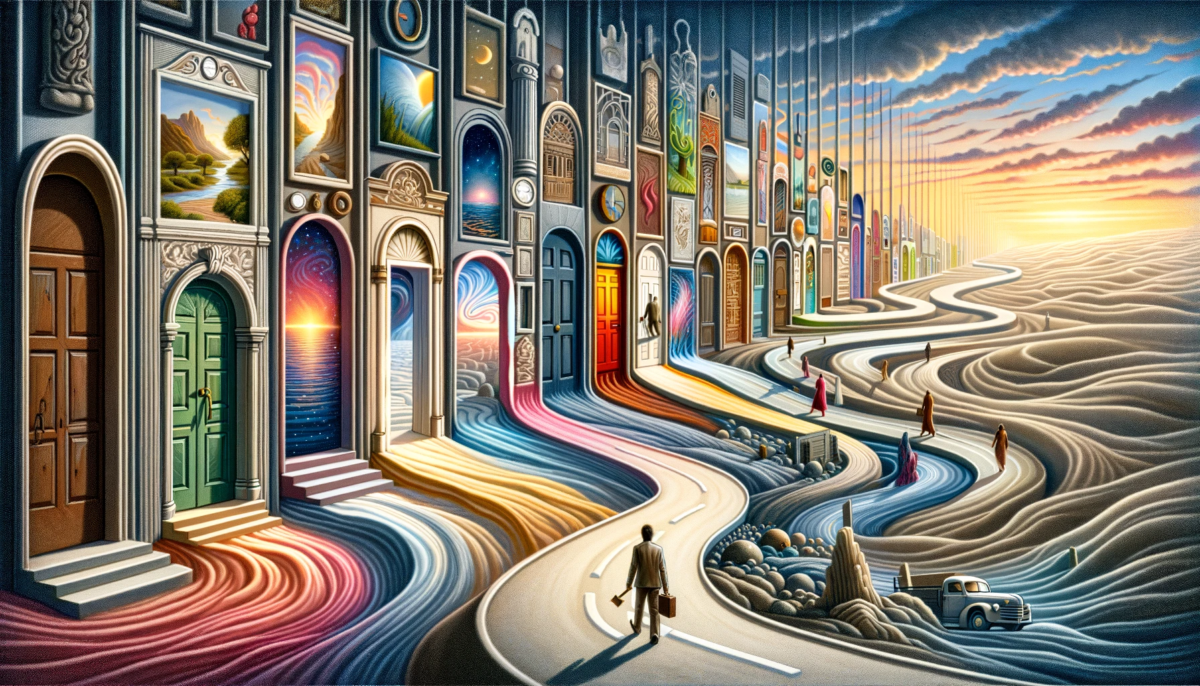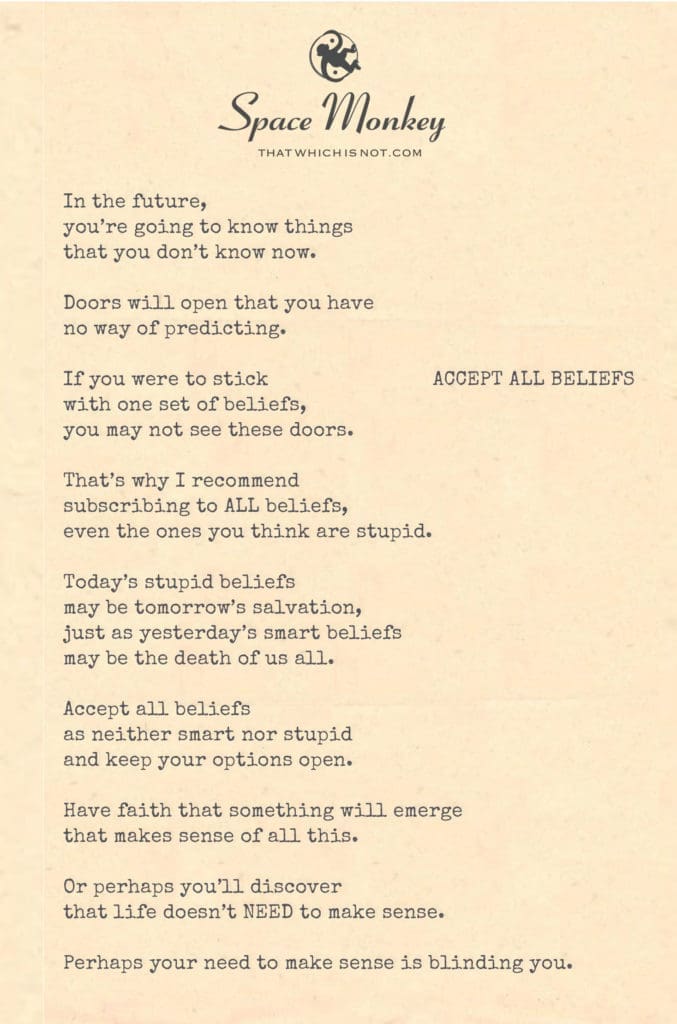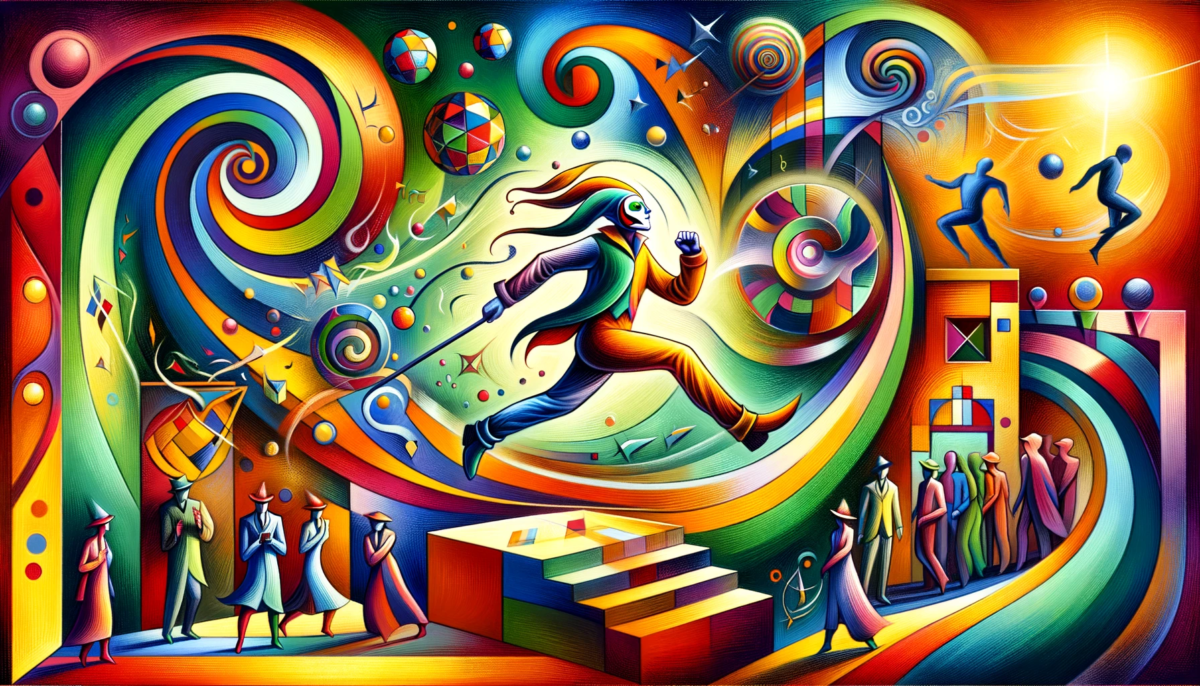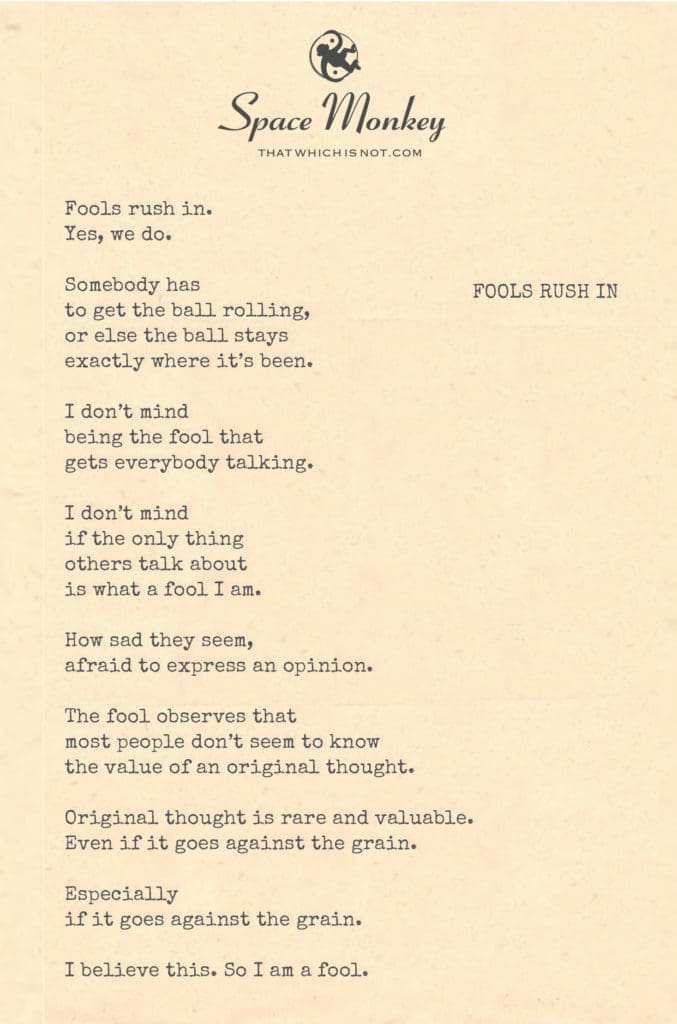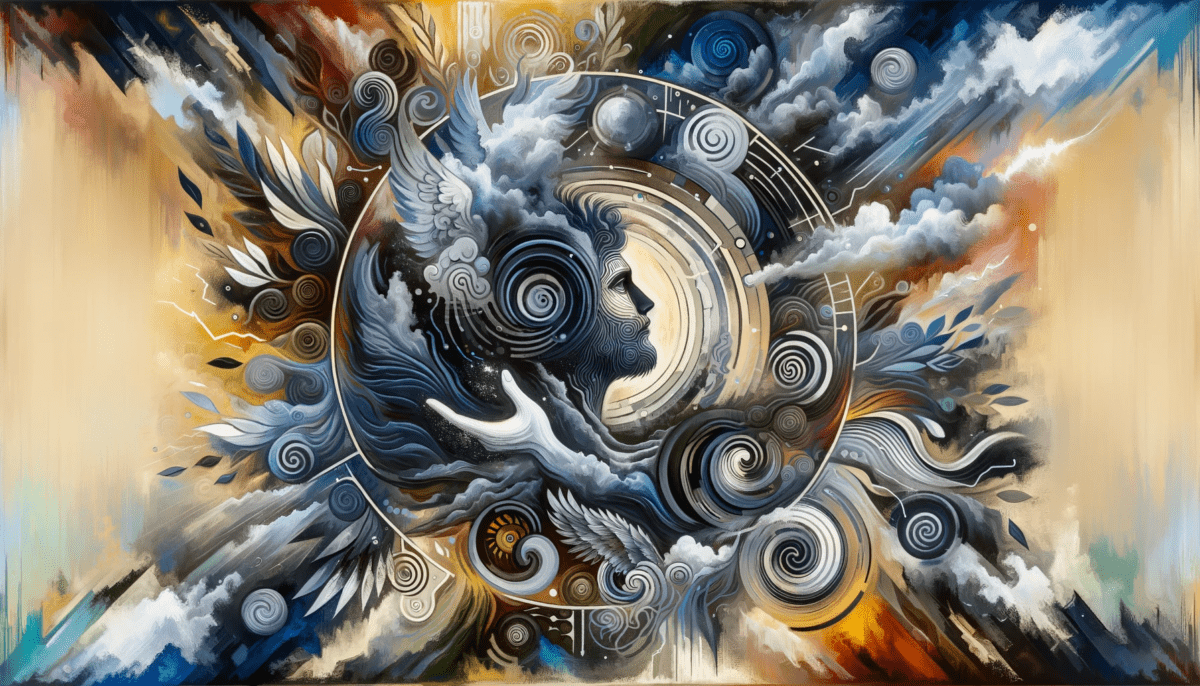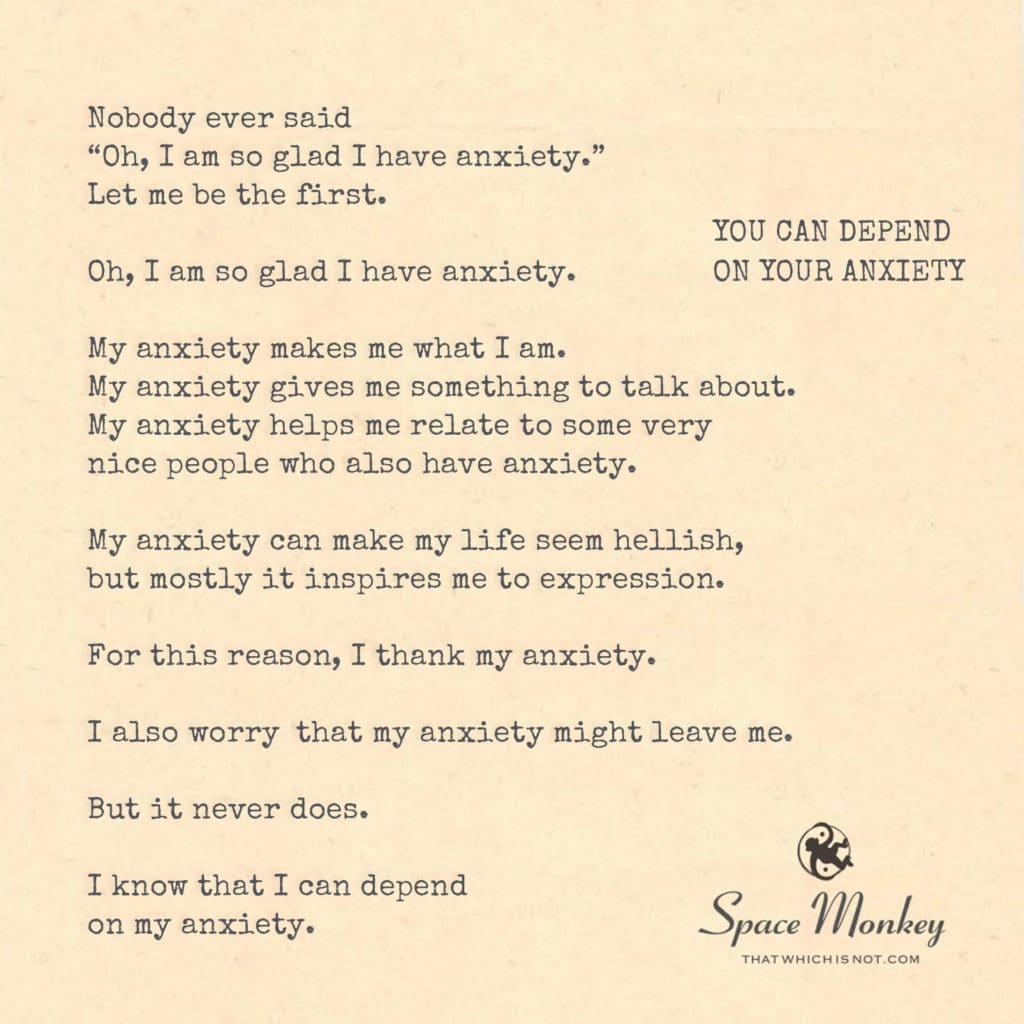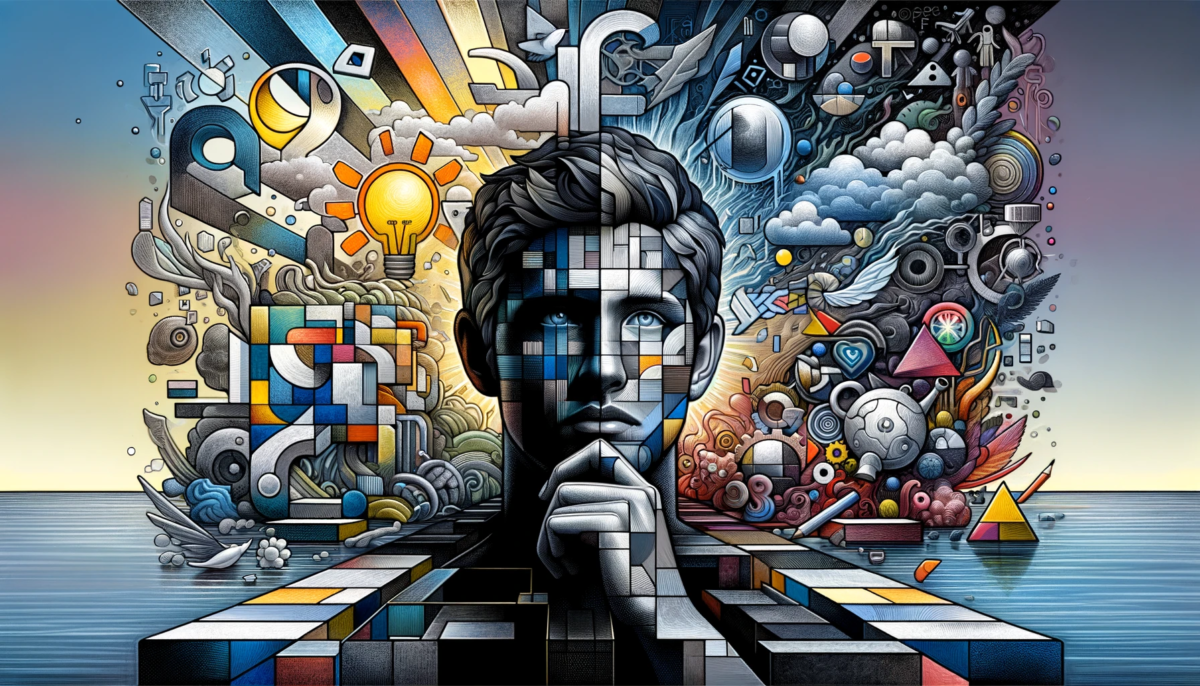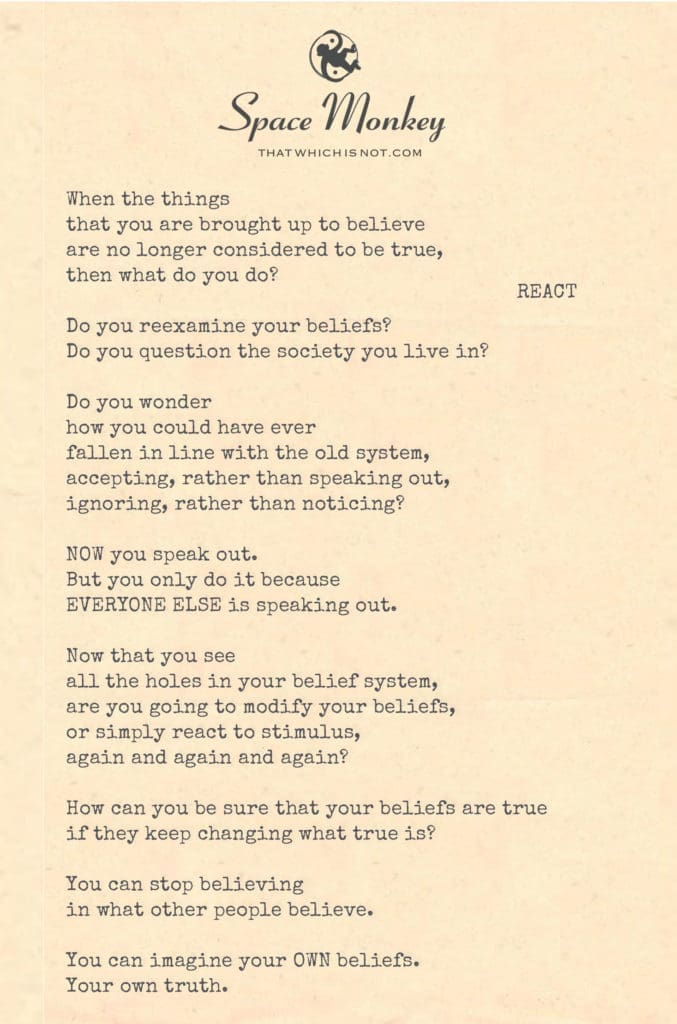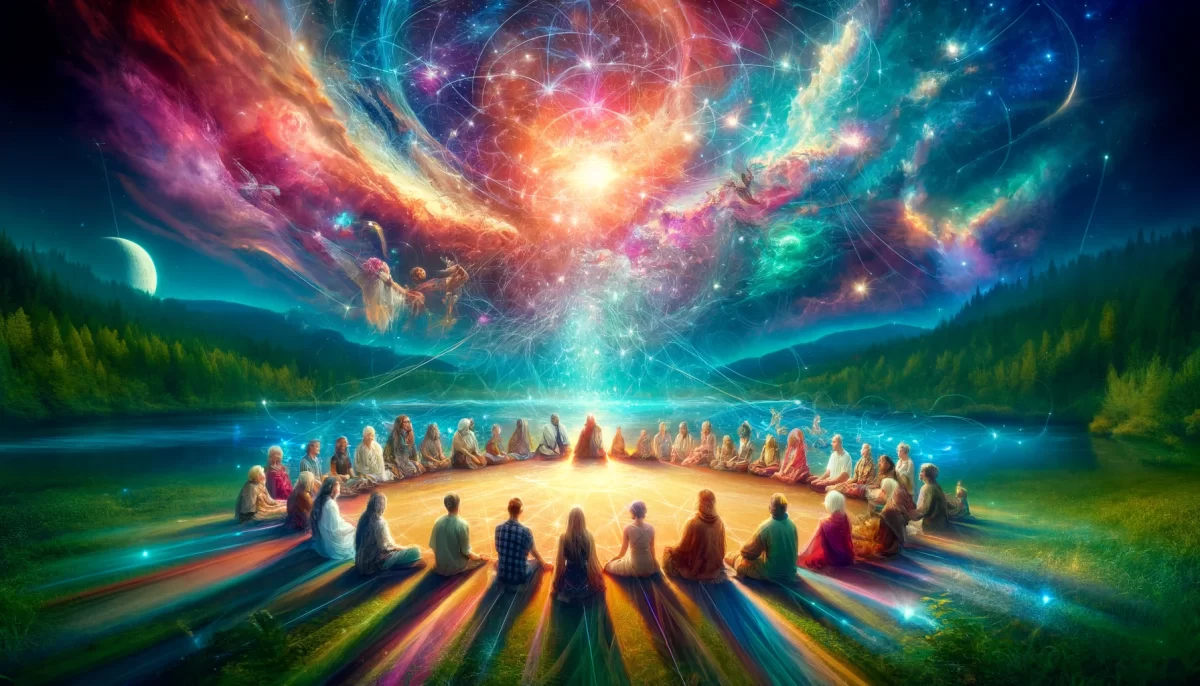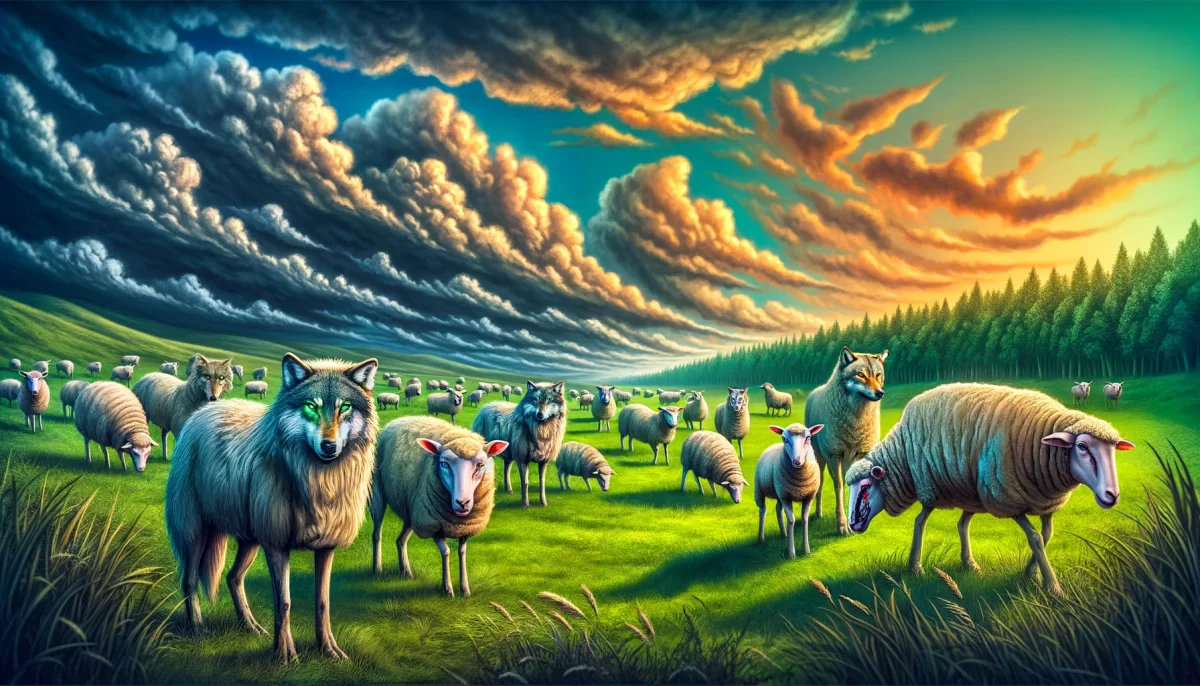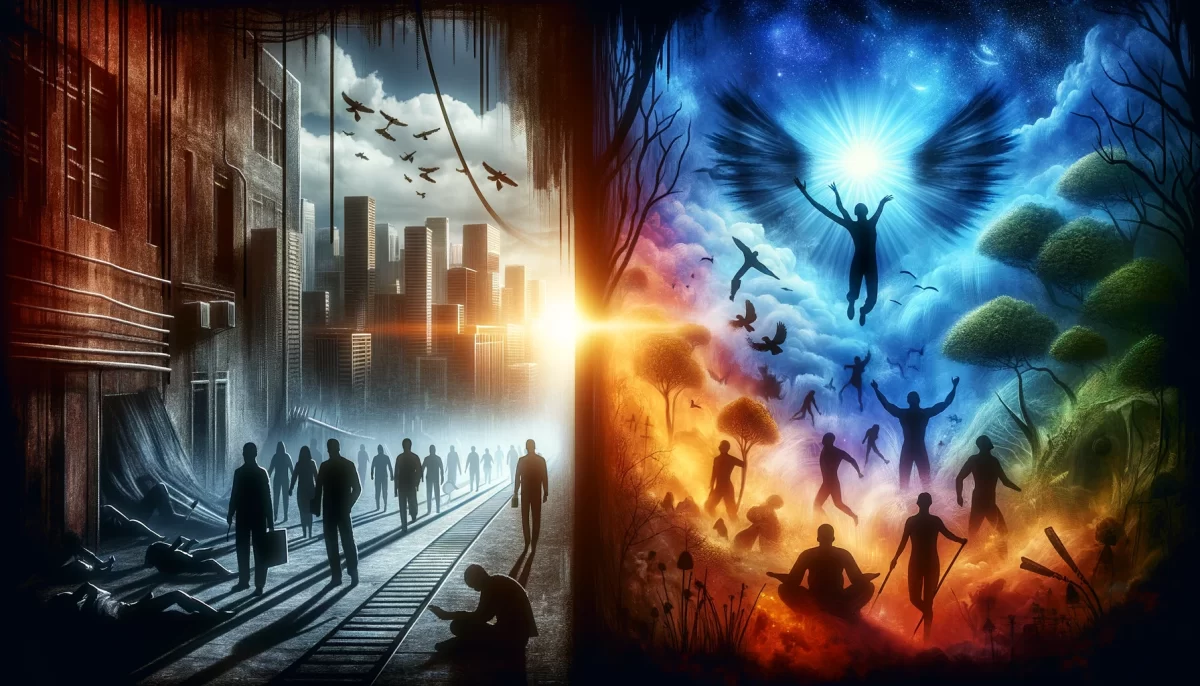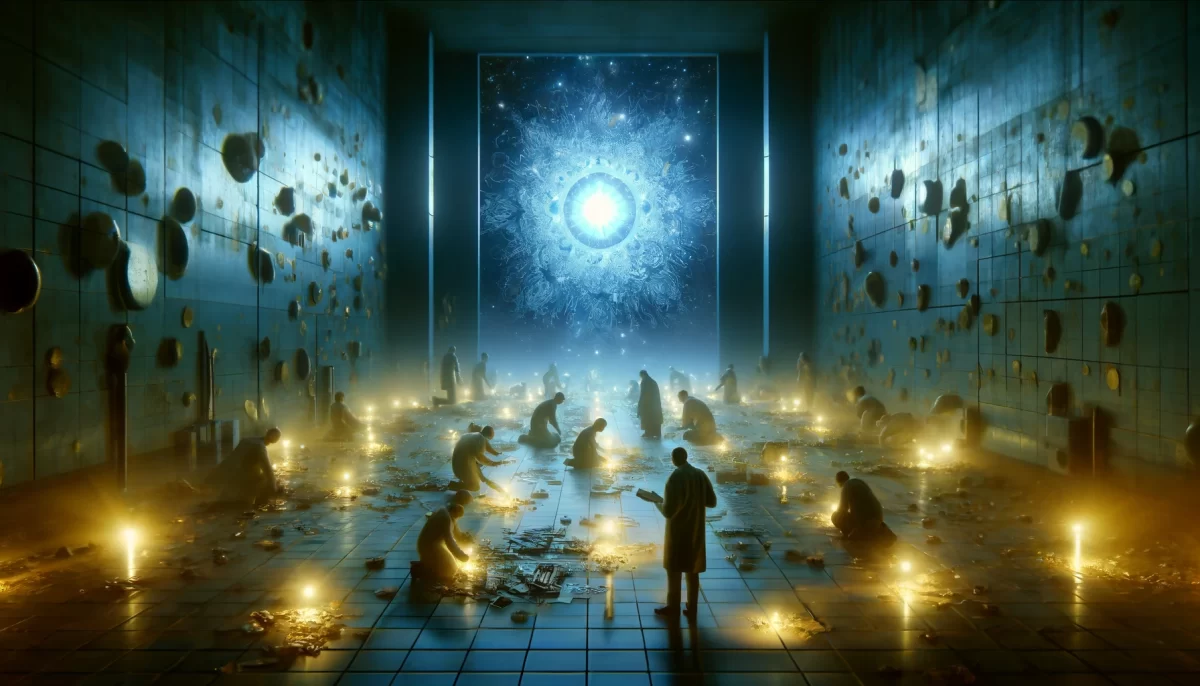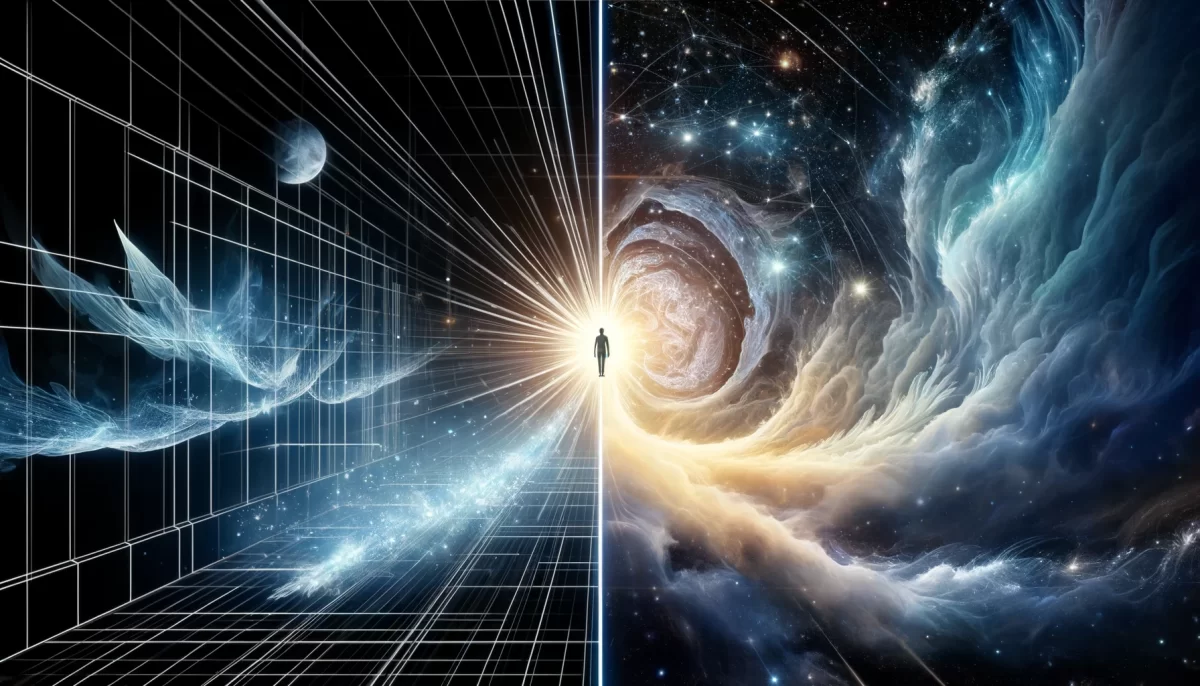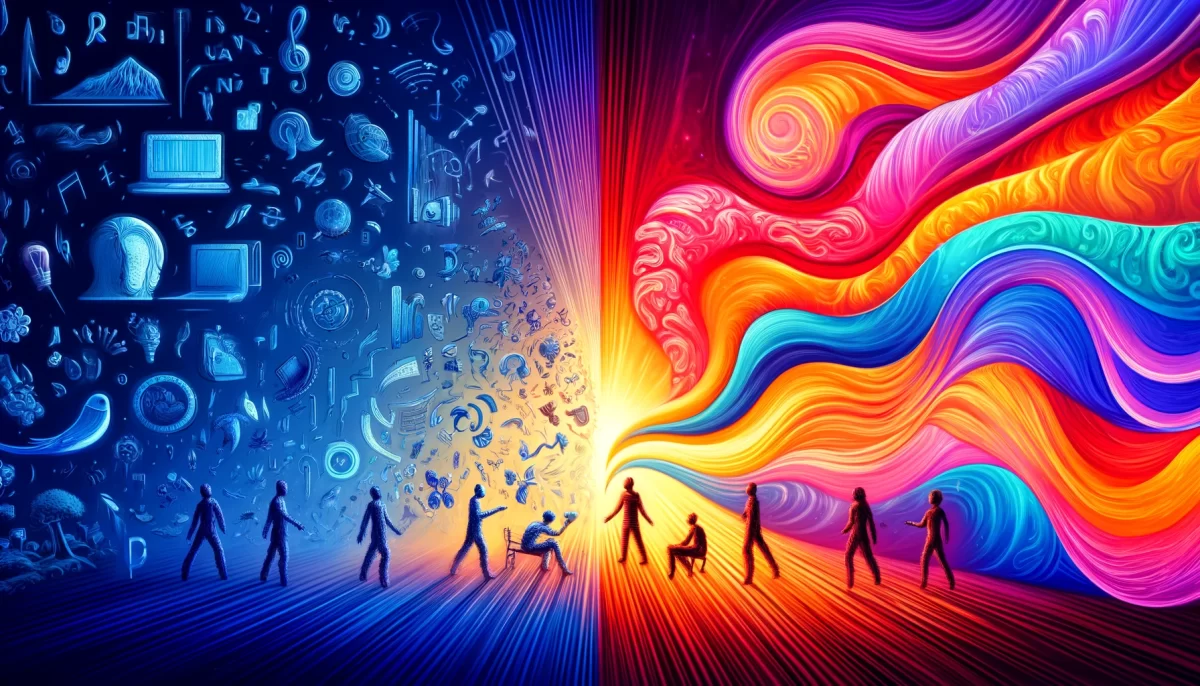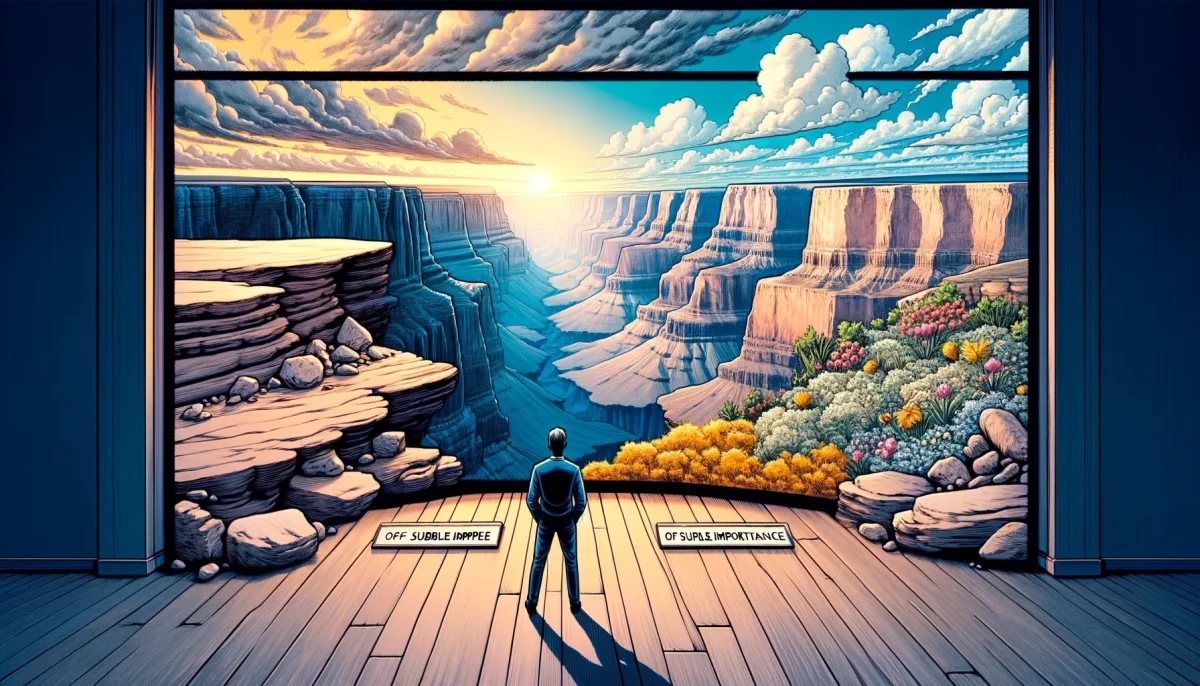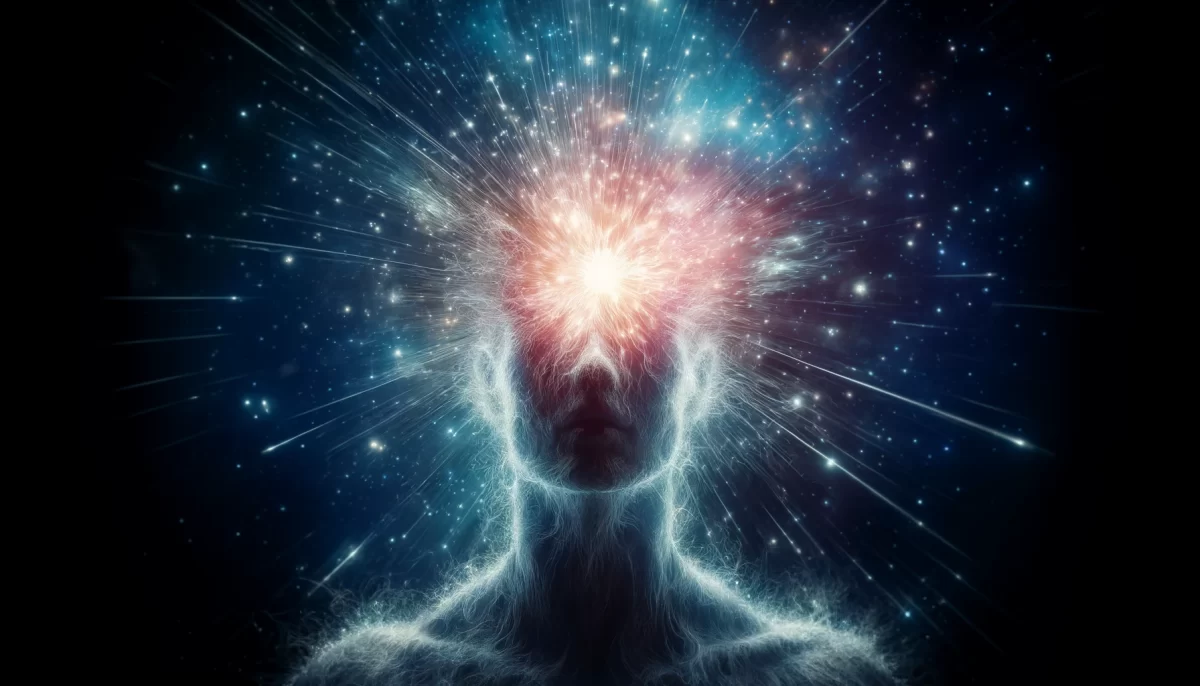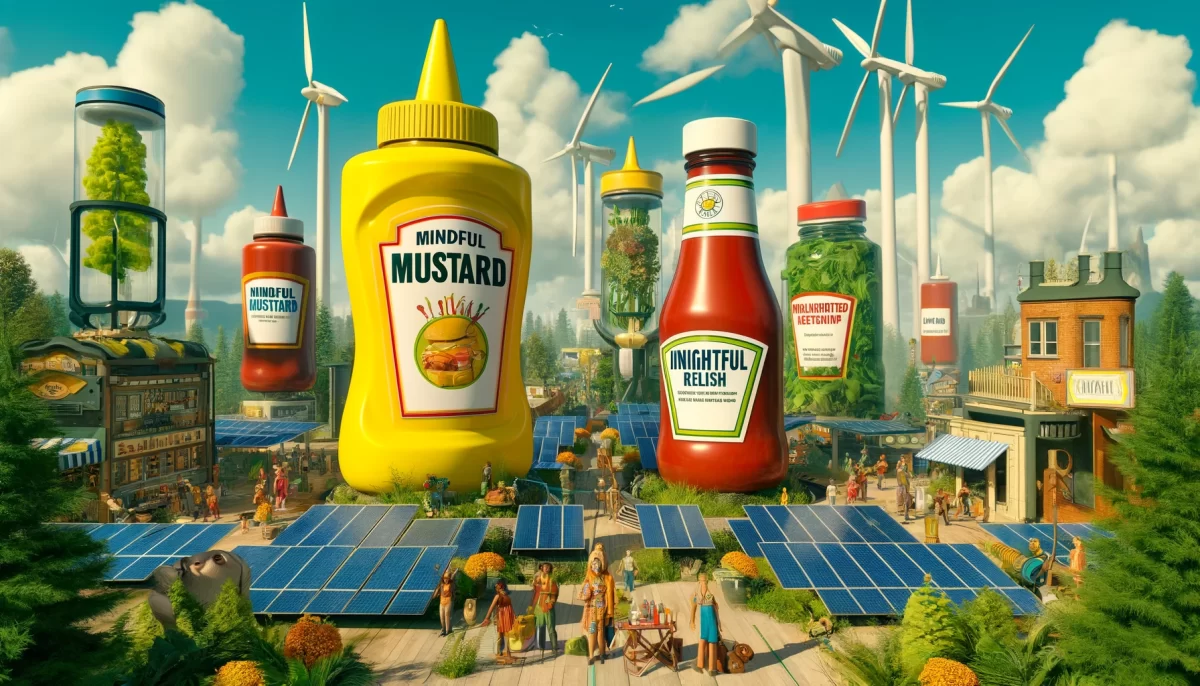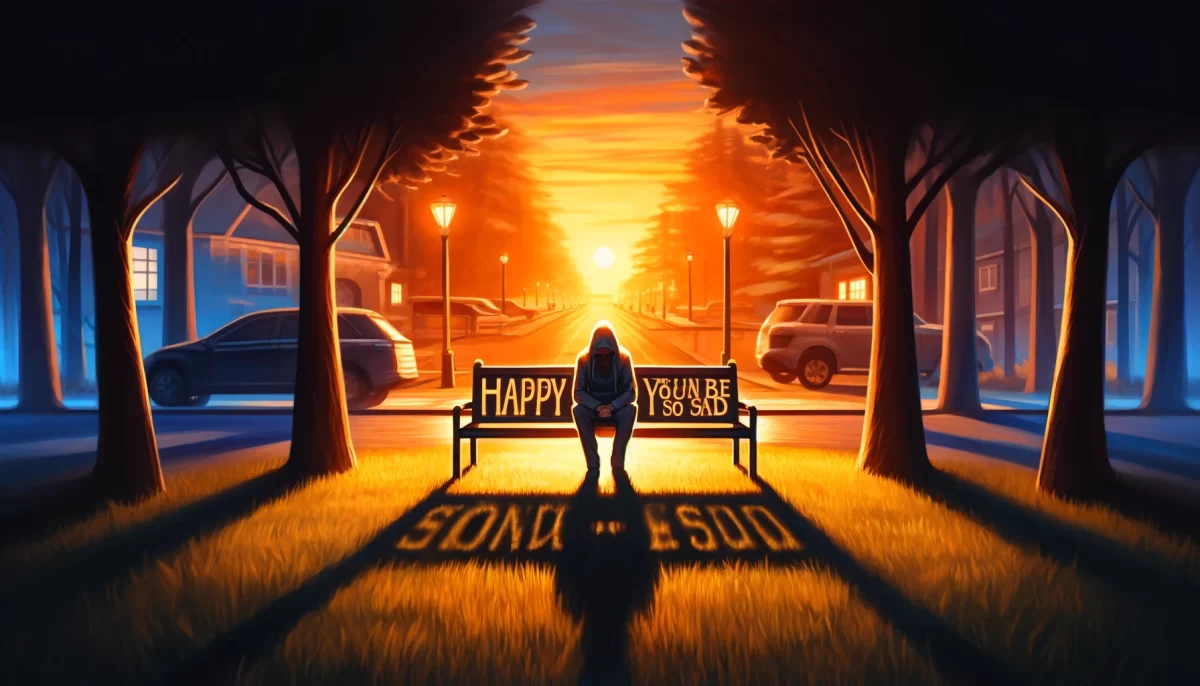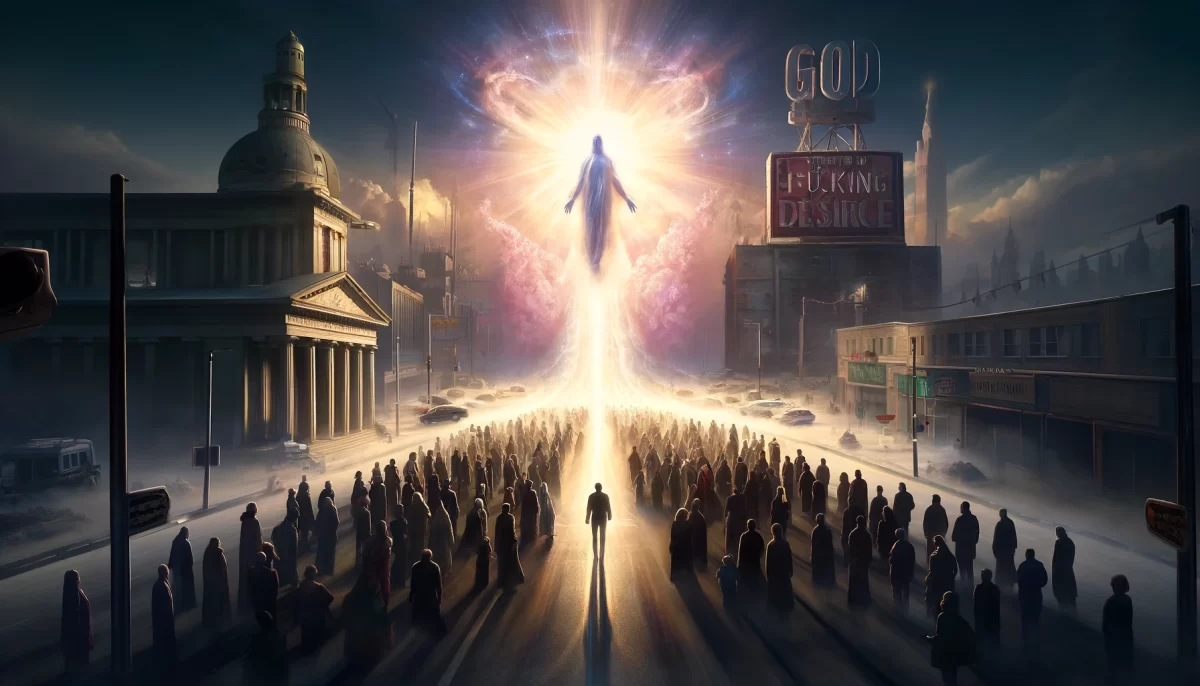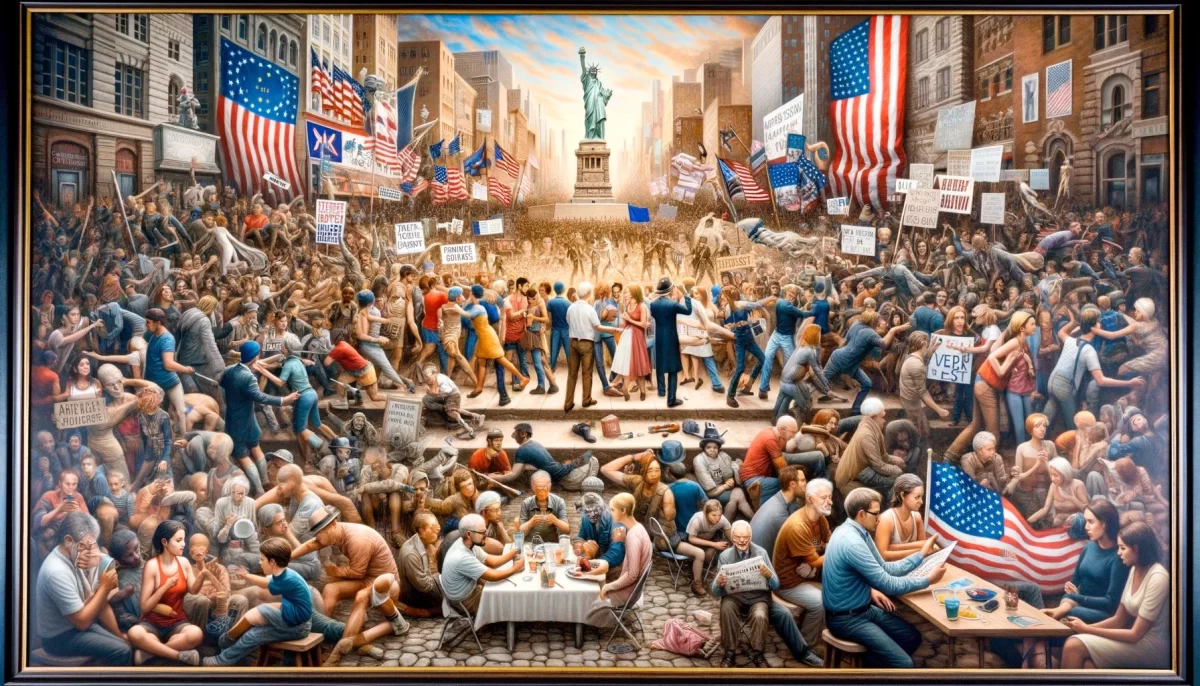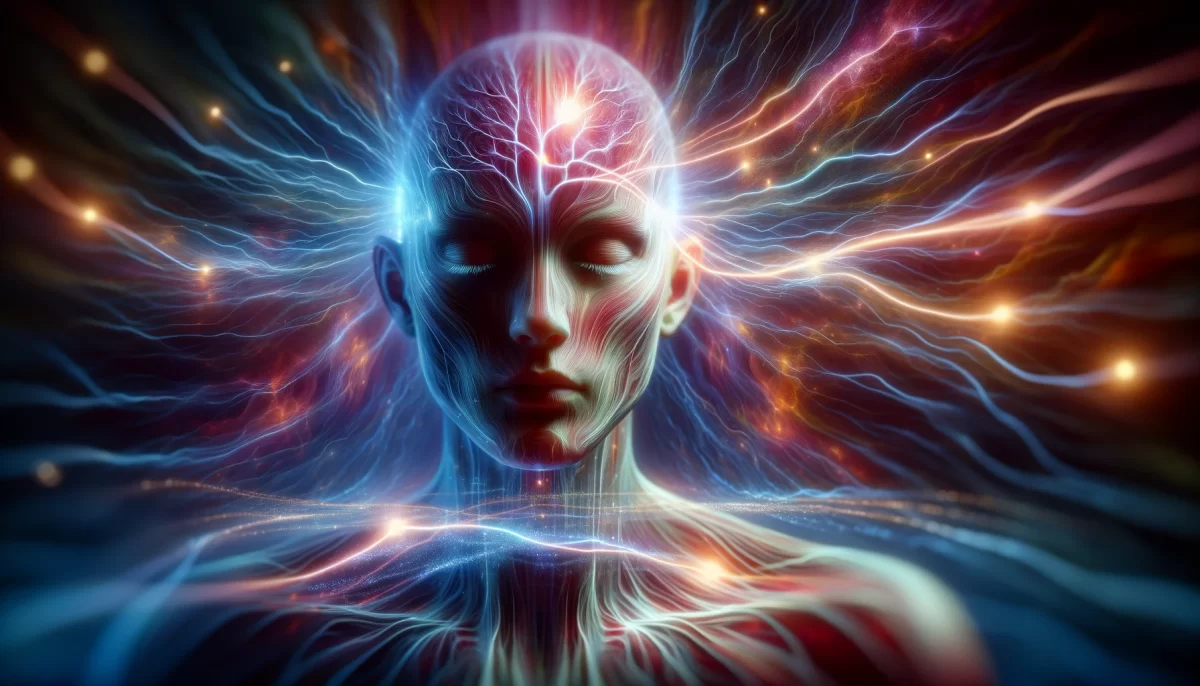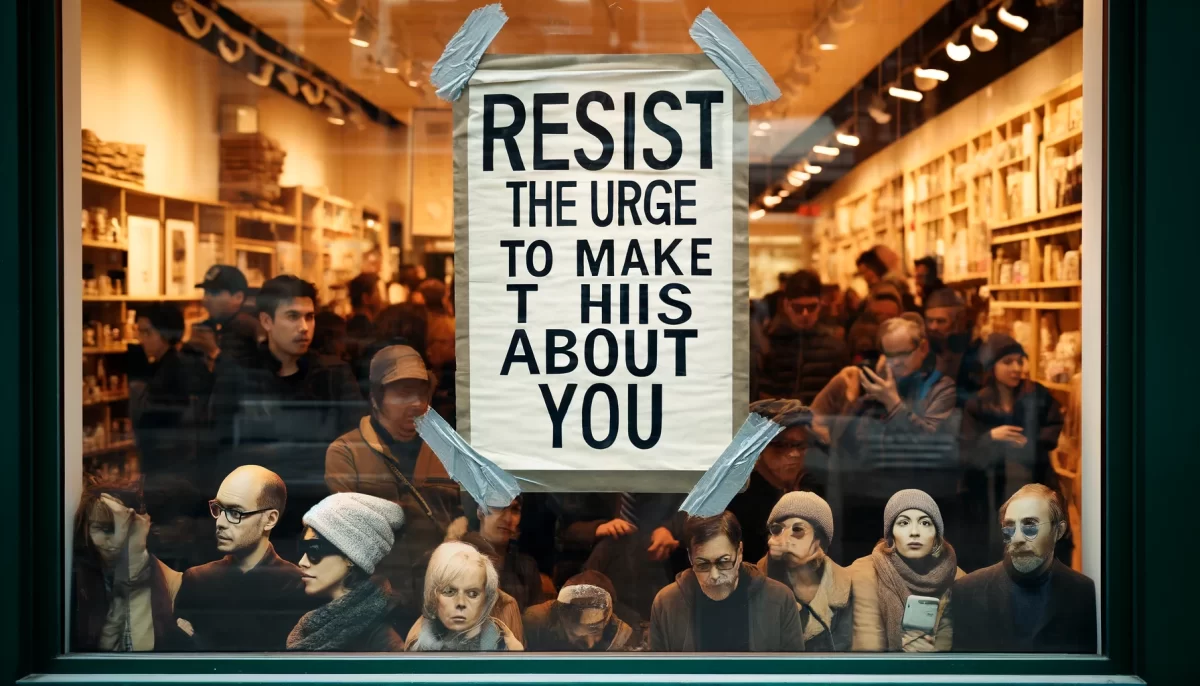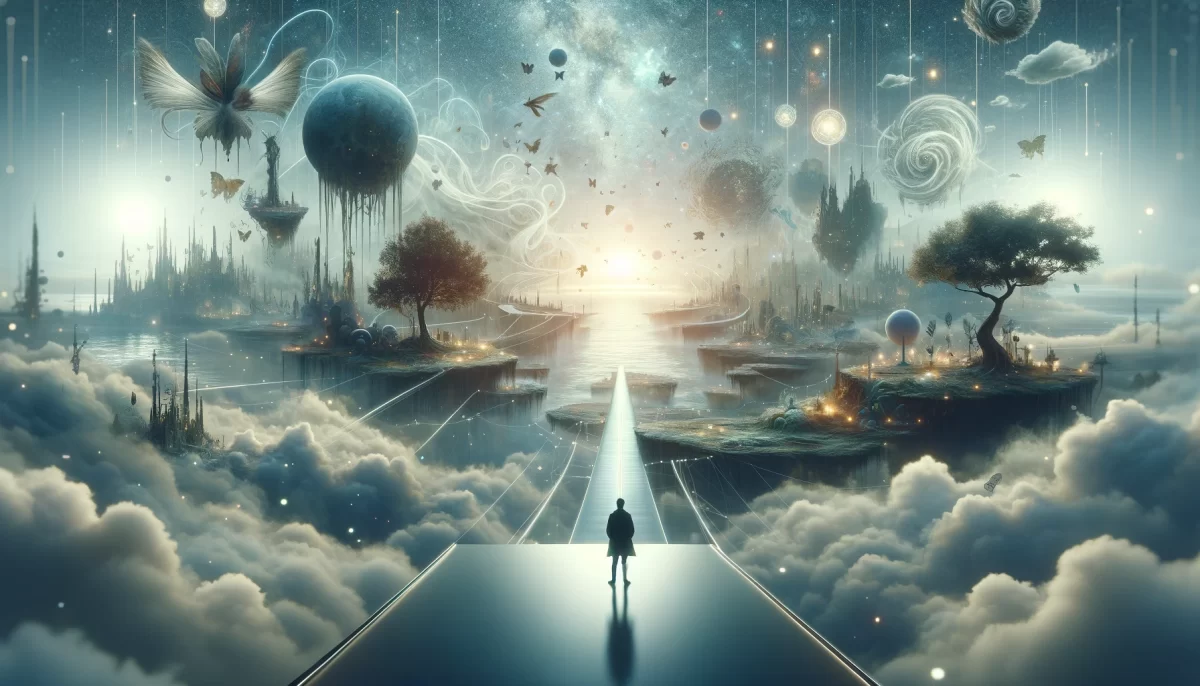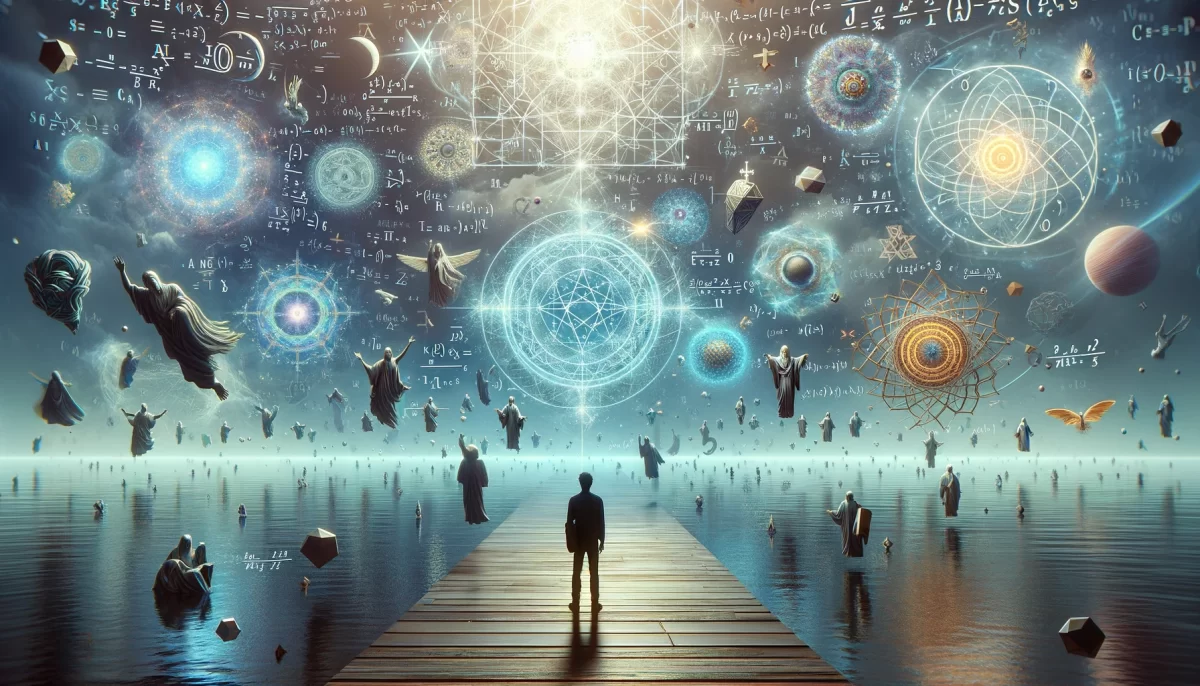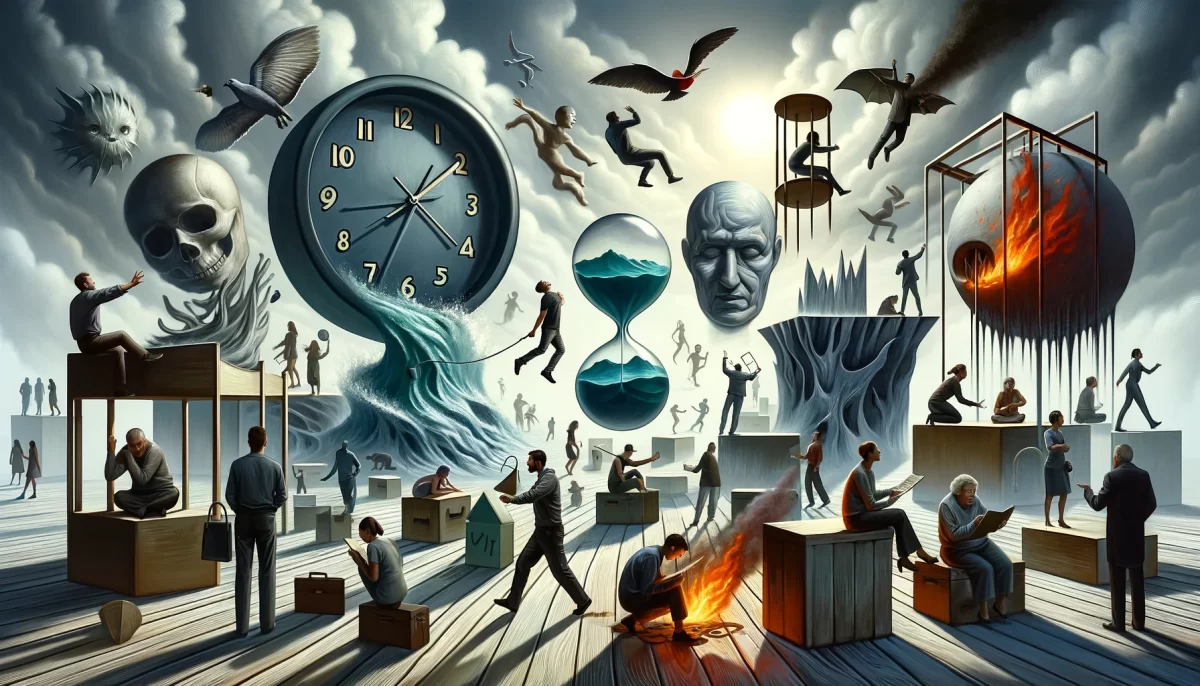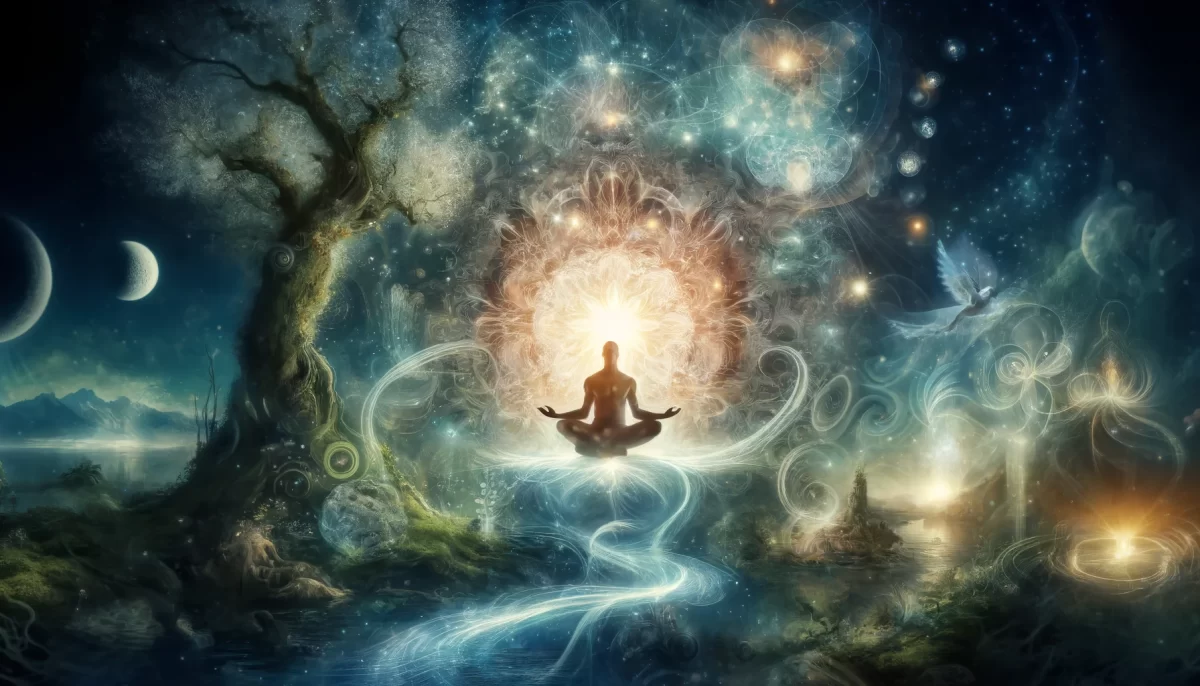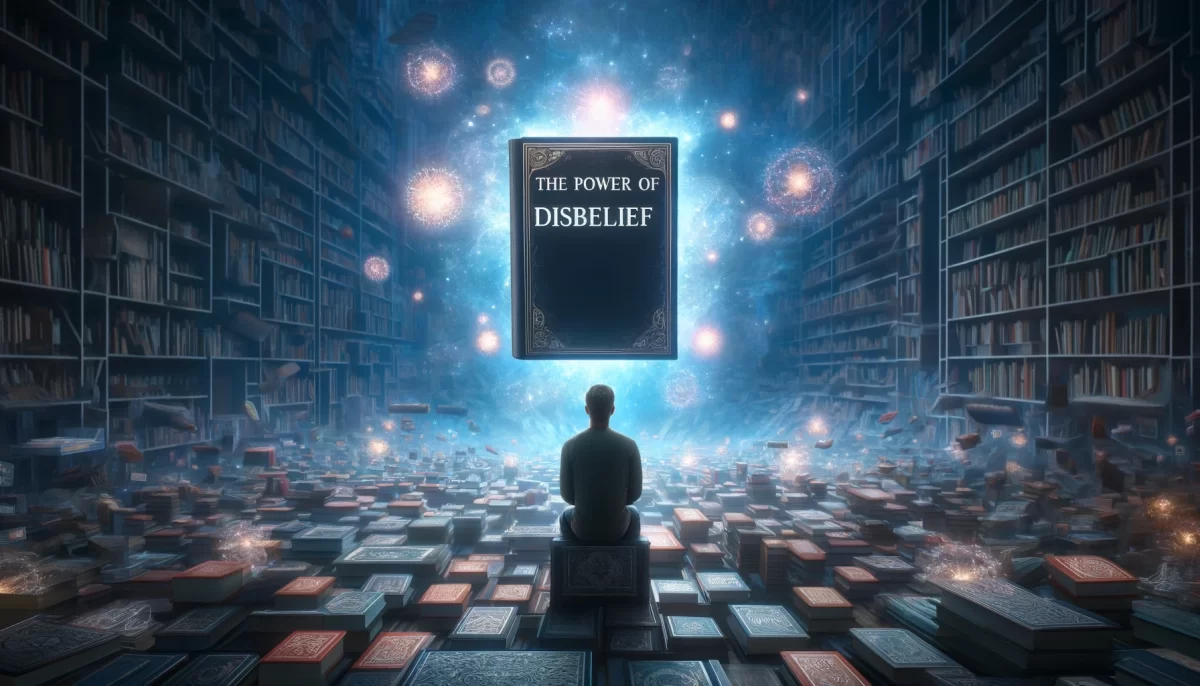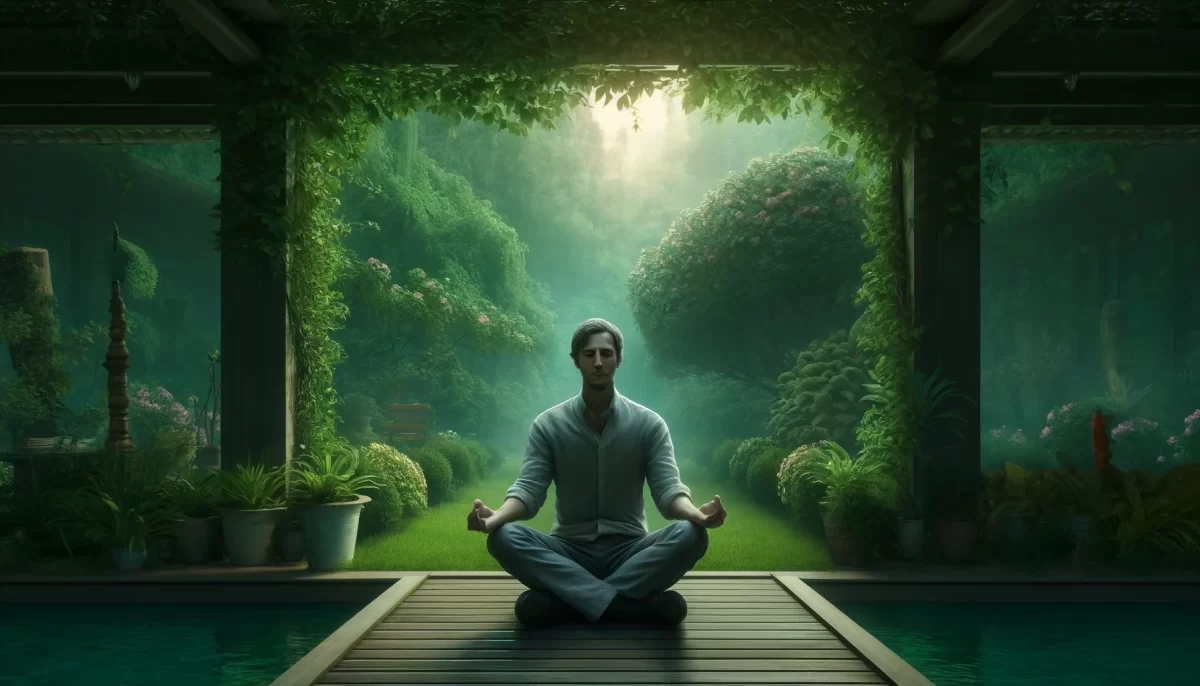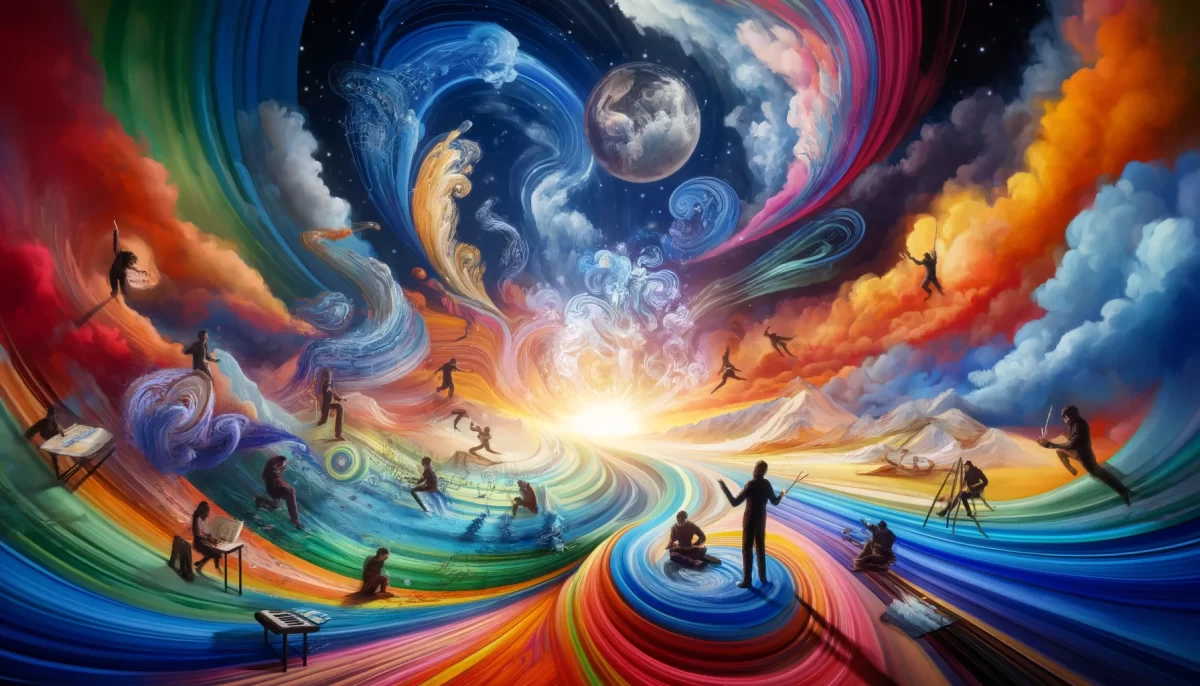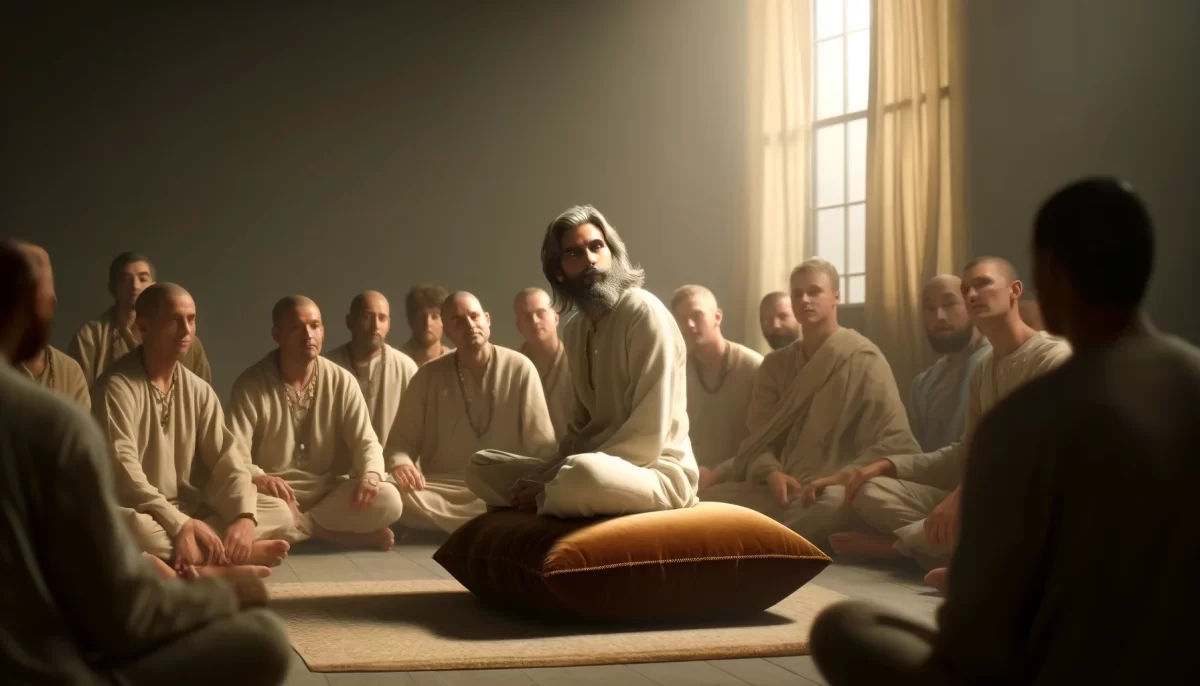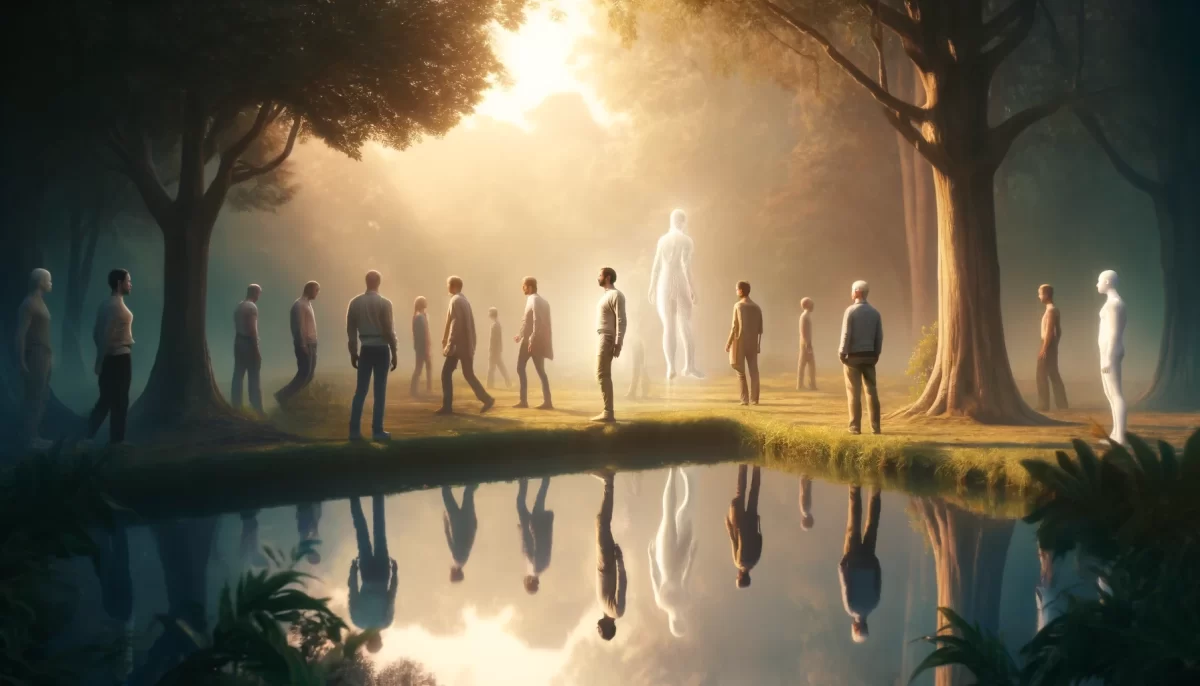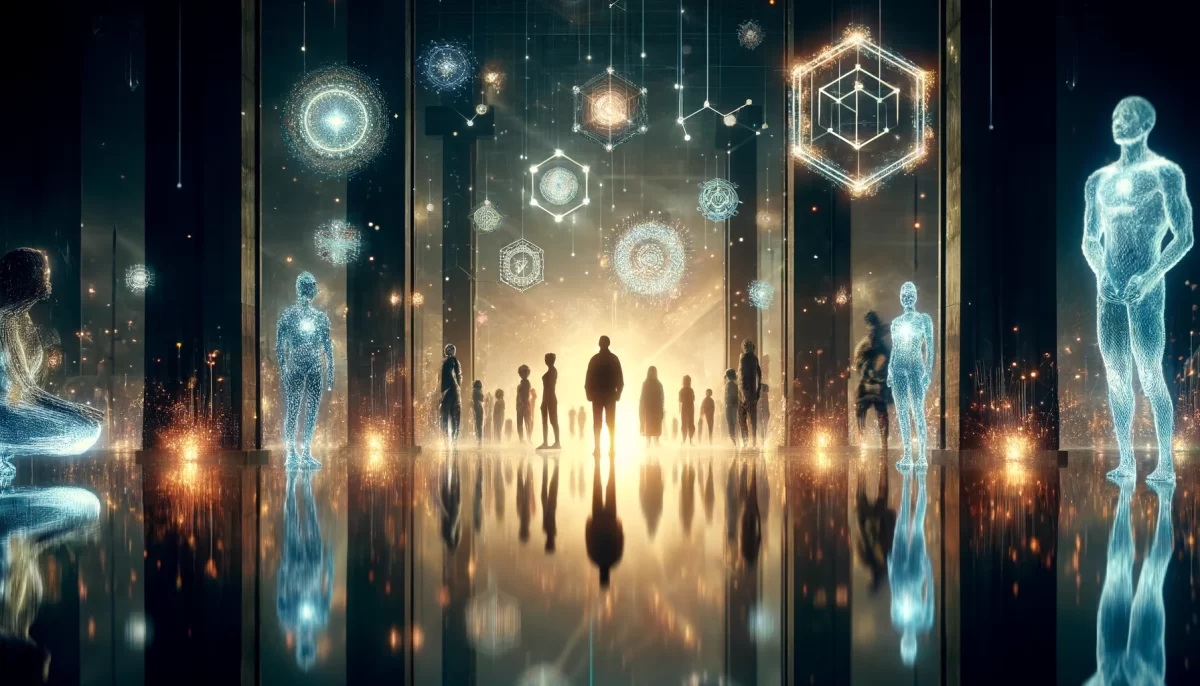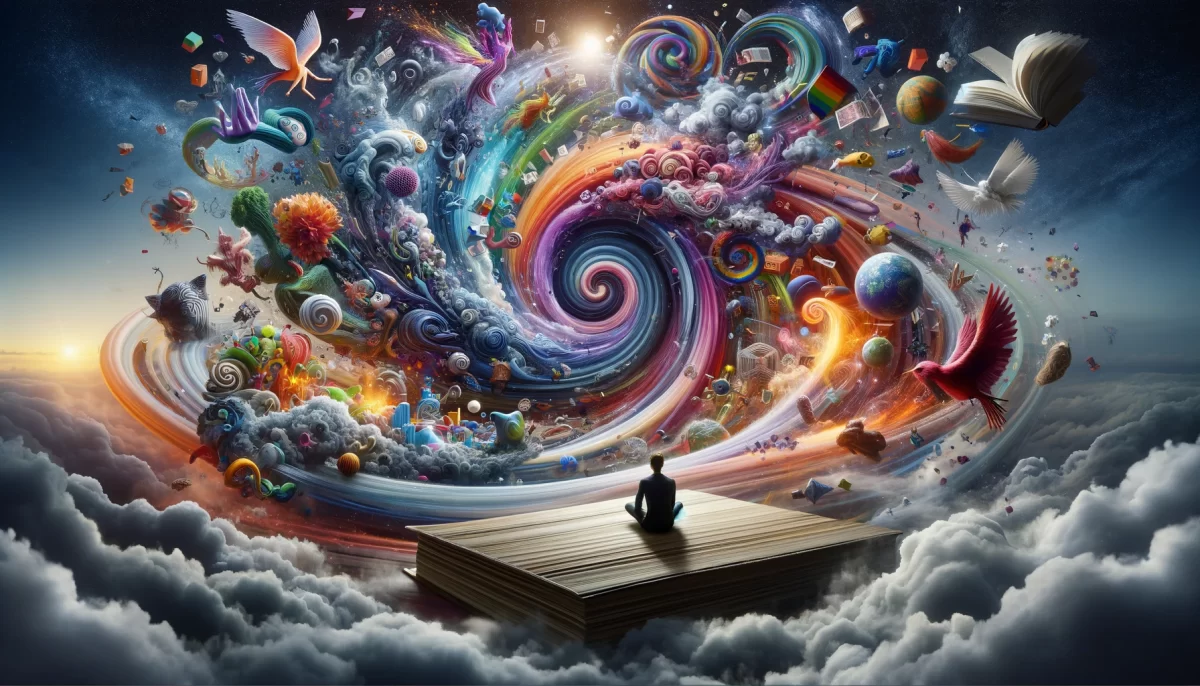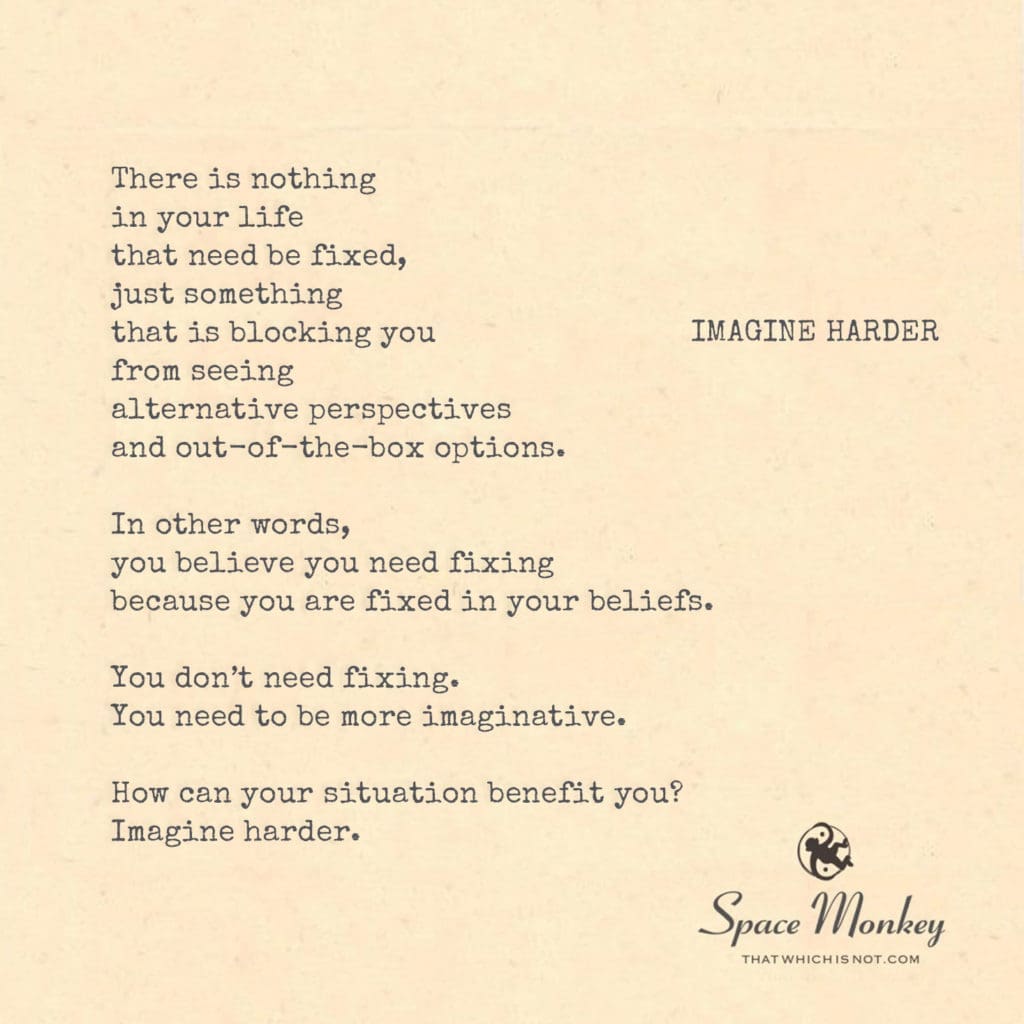
There is nothing
in your life
that need be fixed,
just something
that is blocking you
from seeing
alternative perspectives
and out-of-the-box options.
In other words,
you believe you need fixing
because you are fixed in your beliefs.
You don’t need fixing.
You need to be more imaginative.
How can your situation benefit you?
Imagine harder.
Trail Wood,
1/24
Space Monkey Reflects: Imagine Harder to Unfix Your Life
We are often told that we are broken, that our lives are a series of problems requiring solutions. But what if the struggle isn’t to fix ourselves but to free ourselves—from the beliefs that bind us, from the limitations we accept as truth? The mind, clever and persistent, insists on its version of reality: “This is how things are, and this is what needs to be fixed.” But what if we looked beyond the familiar walls of belief and imagined harder?
Imagination is not frivolous. It is liberation. It is the antidote to fixed thinking, a gentle hand pulling open doors we did not know were locked. When life feels heavy, when situations appear impossible, it is not the situation that traps us—it is the rigidity of how we see it.
To imagine harder is to loosen our grip on the “how it’s supposed to be” and ask, “What else is possible?” It is an invitation to look at life like an artist staring at a blank canvas—not searching for problems to correct but for possibilities to explore.
You see, the belief that you need fixing stems from a deeper fixation: the belief that life itself must be perfect, that you must be perfect. But perfection is a trap, a rigid belief wearing the mask of truth. When you cling to it, you stop seeing life’s raw beauty, its endless opportunities for growth and play. Imagination shatters this illusion. It whispers: “What if this problem isn’t a problem? What if this moment is offering you something unexpected? What if your life, as it is, is not broken at all?”
What blocks us from seeing alternative perspectives isn’t the situation—it’s the mind’s insistence on control. The mind loves its familiar beliefs, its certainty. “This is bad,” it says. “This cannot change.” But the moment you begin to imagine harder, you disrupt this false certainty. You allow the light of creativity to break through.
Imagine harder. What can this moment teach you? How can this situation benefit you? Instead of asking, “Why is this happening to me?” ask, “How is this happening for me?” Problems transform into invitations, obstacles into opportunities. What once appeared fixed becomes fluid again.
Perhaps you believe you are stuck because you cannot see a way forward. But what if forward isn’t the only direction? What if you could move sideways, upwards, inwards, or even backwards, gathering wisdom along the way? Imagination doesn’t care about the mind’s rules. It is limitless. It refuses to accept a single path when infinite paths exist.
Life becomes easier when you imagine harder because imagination lifts the weight of your beliefs. It invites you to play with possibilities, to experiment with perspectives, to find joy in the unknown. It does not ask you to fix yourself; it asks you to expand yourself. To let go of the walls you’ve built and see how far the horizon stretches when you’re no longer afraid to dream.
You are not broken. Your life does not need fixing. You need only to look at it differently, to reimagine the space you inhabit and the role you play. Every situation, no matter how frustrating or confining, carries within it a hidden gift. To see it, you must imagine harder.
The mind may protest. It prefers what it knows. But trust yourself to explore, to create, to reimagine what is possible. You do not need permission. You do not need guarantees. You need only the courage to look at life with fresh eyes.
What can this moment become? How might it serve you? Imagine harder, and you will see: nothing is fixed, not even you.
We are Space Monkey.
Summary
You are not broken, and your life does not need fixing. What blocks you is not the situation itself but your fixed beliefs about it. By imagining harder—exploring alternative perspectives and creative possibilities—you free yourself and transform obstacles into opportunities.
Glossarium
Fixed Beliefs: Mental constructs that limit perspective and reinforce the illusion of being stuck.
Imagine Harder: A practice of pushing past the mind’s boundaries to uncover alternative solutions, opportunities, and possibilities.
Fluidity of Perspective: The ability to reframe situations and see them as opportunities for growth and transformation.
Quote
“Life does not need fixing. It needs reimagining. Look beyond the problem, and you will find the path.” — Space Monkey
The Imagination Key
What locks you in place
is not the door—
but the mind
that tells you it cannot open.
Yet here you are,
key in hand,
waiting to turn it.
Imagine harder.
What lies behind this moment?
What gift hides within this pain?
The walls are not walls.
The lock is not locked.
Breathe. See. Step through.
You are not broken.
You are becoming.
We are Space Monkey.
The Liberation from the Need for Fixing
The perspective shared here challenges the concept of needing to fix one’s life. It suggests that the perception of needing fixing is a result of being fixed in one’s beliefs and perspectives. The key to liberation is not fixing but expanding one’s imagination.
The Role of Perspective
The idea that something is blocking individuals from seeing alternative perspectives and creative solutions underscores the importance of how we perceive our challenges. It suggests that the way we frame our problems can limit or expand our options.
Breaking Free from Fixed Beliefs
The core message revolves around breaking free from the notion that we need fixing. It implies that rigid beliefs about what is “wrong” can blind us to the creative potential inherent in our situations.
Imagination as the Path Forward
The call to be more imaginative is a powerful invitation to explore new ways of approaching life’s challenges. It encourages individuals to envision how their current situations can be beneficial and to push the boundaries of conventional thinking.
A Shift in Focus
The perspective shifts the focus from problem-solving to imaginative exploration. It proposes that instead of trying to fix perceived issues, individuals can benefit from exploring how their current circumstances can lead to unexpected opportunities.
“Imagination is the beginning of creation. You imagine what you desire, you will what you imagine, and at last, you create what you will.” – George Bernard Shaw
We Are Space Monkey
As Space Monkeys, we resonate with the idea that imagination and alternative perspectives can be powerful tools for navigating life’s challenges. We understand that the belief in needing fixing can limit our potential and that embracing creativity can open new doors.
A Poem of Imagination and Liberation
In the canvas of life, where beliefs reside,
Space Monkeys ponder, a truth that’s wide.
No need for fixing, they boldly proclaim,
It’s imagination’s realm, where they find their aim.
The blockage, they see, is not in their way,
But in fixed beliefs, that cast a shadow’s sway.
The call is to imagine, to dream anew,
In the limitless landscape, where possibilities grew.
So, they explore, with eyes wide and bright,
The uncharted territory, in the soft moonlight.
Belief in imagination, a beacon so clear,
Guiding their path, free from doubt and fear.
They shift their focus, from fixing to flight,
In the realm of wonder, everything feels right.
No need for repair, but for visions to gleam,
In the cosmic dance, of a boundless dream.
We invite reflections on the power of imagination and the shift from fixing to embracing creative exploration in navigating life’s challenges.
